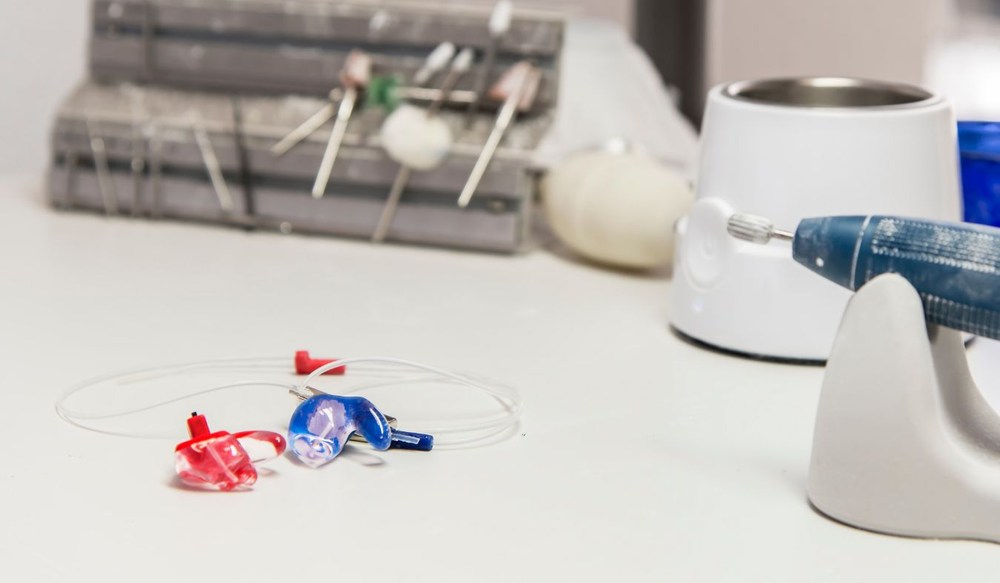Protecting Your Hearing During Summer Sports
Summer brings a lot more noise into your life than you might realize.
Walk In Cleaning Clinic: Come in on Mondays, Wednesdays, Thursdays, or Fridays anytime between 1 – 2pm for our walk in cleaning clinic!

A hearing instrument specialist (HIS) is a professional who helps someone experiencing hearing loss find the right hearing device to communicate with those around them. They will work with their clients to assess their current level of hearing, as well as factoring in their lifestyle, budget and aesthetic preferences.
A HIS is a professional with expertise in hearing aid selection, fitting and repairs. A HIS can test for hearing loss and help the individual find a solution for their specific needs. HIS often deal with presbycusis, which is the technical term for hearing loss caused by aging.
This is a common condition that HIS would treat through a hearing aid recommendation. The HIS will usually assess the patient and make a recommendation based on their results and symptoms. Once a hearing aid has been selected by the patient, the HIS will continue to liaise with the patient during the fitting of the hearing aid.
A HIS will calibrate the hearing aid making sure it works well for the user. They will make adjustments for comfortability and change any settings so it performs optimally to the user’s specifications.
A HIS will make an assessment testing for the level of hearing loss in the first instance. This will then be taken into consideration alongside other preferences that a user can indicate might be needed. The HIS will listen closely and consult with the person with hearing loss to ensure that they are recommending hearing aids that suit their aesthetic preferences and lifestyle. Some factors that a HIS will consider before a recommendation include:
The HIS will always work in consultation with the patient and make recommendations based on their preferences and lifestyle.
Hearing aid technology is always advancing, and while many may remember older relatives with big clunky looking machines, the options available nowadays are much more advanced and discreetly designed. There is a huge variety of hearing aids available nowadays, and an experienced HIS will be able to advise on their functions and performance ability. Three common types of hearing aids include:
Hearing instrument specialists are also well-versed in the care and maintenance of hearing technology. They can provide professional cleanings for your devices, as well as help you assess any damage you’ve noticed. For minor repairs, your HIS can likely fix the hearing aid in their office. For more severe problems, they can work as a liaison with the hearing aid manufacturer to have your device repaired and sent back.
If you live in Madison County and could benefit from seeing a Hearing Instrument Specialist, then contact Better Hearing of Madison County at (315) 693-3637. You will be able to speak to a caring team of specialists who will be happy to advise.

Summer brings a lot more noise into your life than you might realize.

When you’re choosing hearing aids, you want devices that help you

Your hearing aids are more than just devices – they’re your